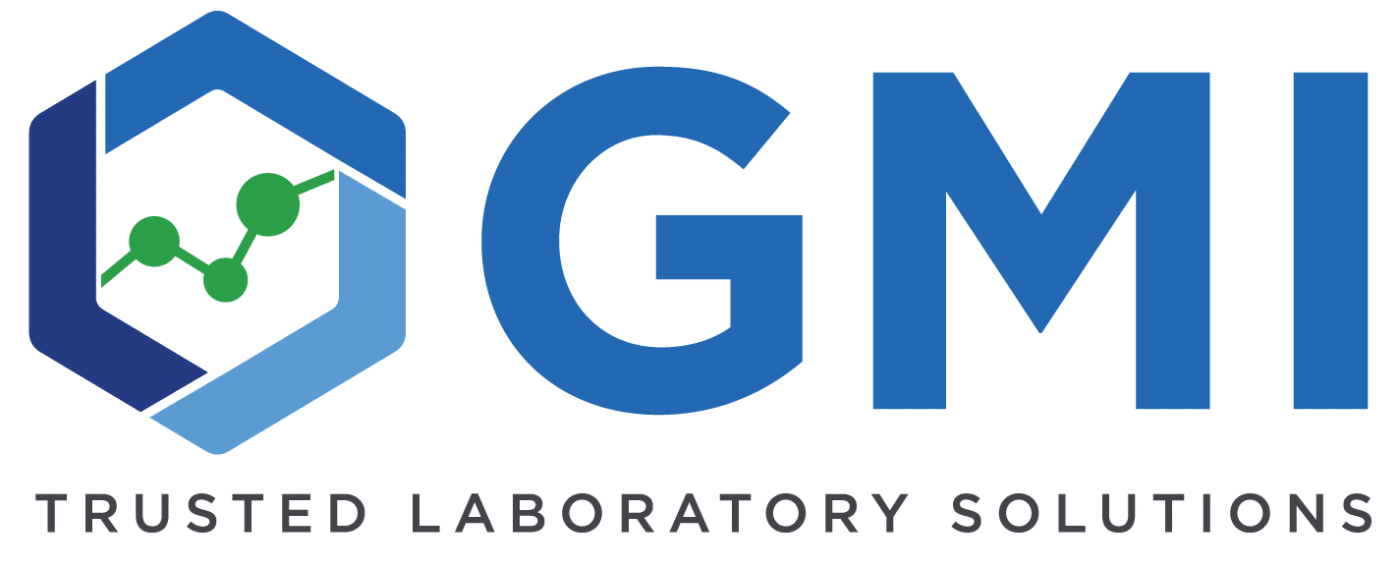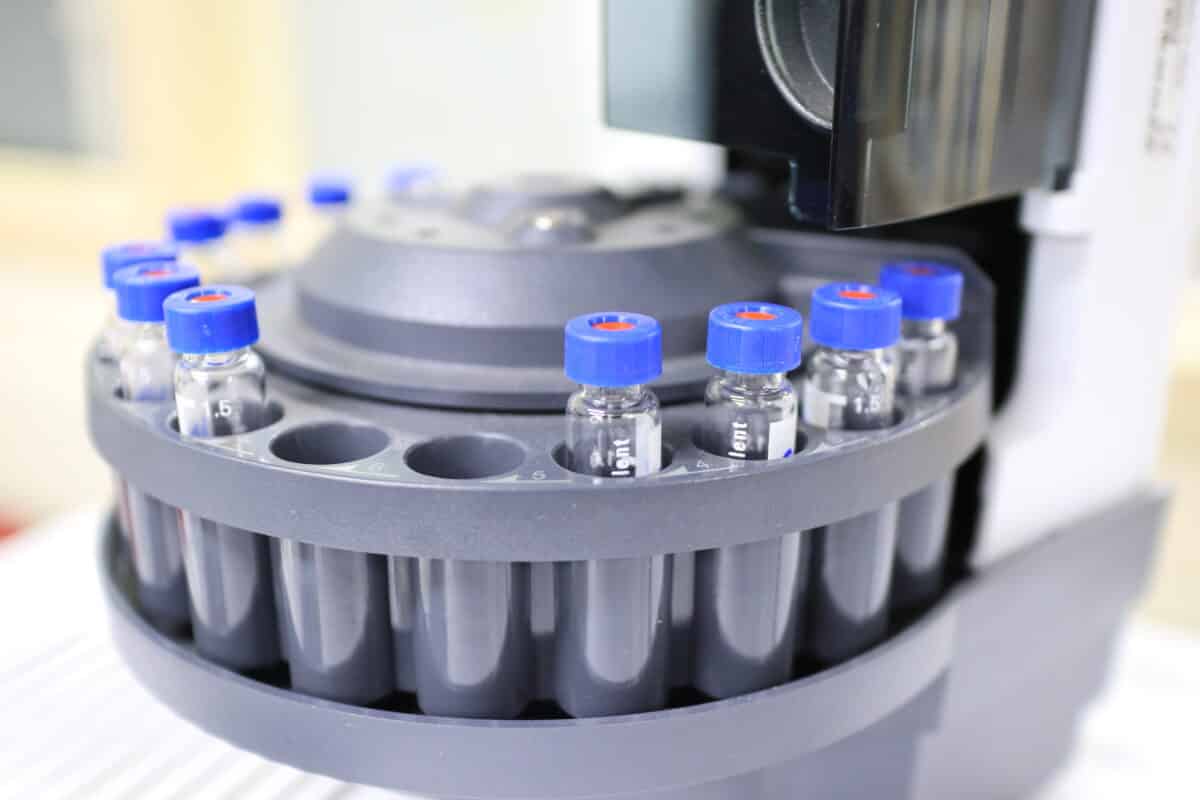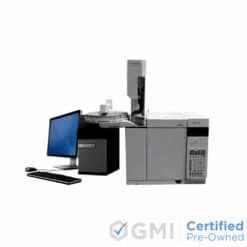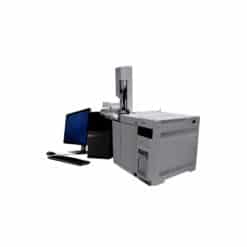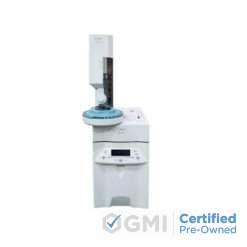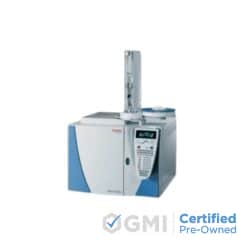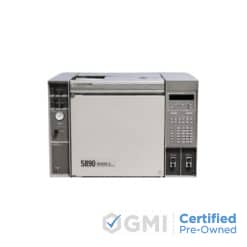Laboratory Equipment
Different Types of GC and Their Applications
Introduction
Gas chromatography (GC) is a widely used analytical technique in various scientific and industrial fields. It allows for separating and analyzing volatile compounds in a sample, making it an indispensable tool in applications ranging from environmental monitoring to pharmaceutical quality control. The versatility of GC is primarily due to the availability of different types of GC systems, each designed to meet specific analytical needs. This blog post will explore the various types of GC and their diverse applications.
Gas-Liquid Chromatography (GLC)
Gas-liquid chromatography, also known as GLC or GLPC (Gas-Liquid Partition Chromatography), is one of the earliest forms of GC. It involves the separation of volatile compounds based on their partitioning between a gaseous mobile phase and a liquid stationary phase. GLC is particularly effective for analyzing organic compounds, such as hydrocarbons, pesticides, and volatile organic compounds (VOCs). Its applications include environmental monitoring, forensic analysis, and petrochemical industry quality control.
Gas-Solid Chromatography (GSC)
Gas-solid chromatography, or GSC, employs a solid adsorbent as the stationary phase. This type of GC is used to separate small, non-polar compounds like noble gases, light hydrocarbons, and certain inorganic gases. GSC finds applications in analyzing trace impurities in gases, such as air pollution monitoring and testing semiconductor manufacturing gases.
High-Performance Liquid Chromatography (HPLC)
High-performance liquid chromatography (HPLC) is a powerful analytical technique that uses a liquid mobile phase and a solid stationary phase. It is often confused with gas chromatography because of the similar acronym. While HPLC is a different technique, it’s worth mentioning because it complements GC in many analytical laboratories. HPLC analyzes non-volatile and thermally unstable compounds, such as pharmaceuticals, biomolecules, and environmental samples.
Gas Chromatography-Mass Spectrometry (GC-MS)
Gas chromatography-mass spectrometry (GC-MS) combines the separation capabilities of GC with the compound identification and quantification abilities of mass spectrometry. GC-MS is widely used to analyze complex mixtures and is particularly valuable in forensics, environmental science, and drug testing. It allows for identifying compounds by comparing their mass spectra to known standards, making it a powerful tool for compound characterization.
Gas Chromatography with Flame Ionization Detection (GC-FID)
GC with flame ionization detection (GC-FID) is a standard configuration in analytical chemistry. It uses a hydrogen-air flame to ionize organic compounds, which are then detected by their electrical conductivity. GC-FID is highly sensitive and versatile, making it suitable for various applications, including analyzing hydrocarbons in petroleum, quantifying pesticides in food samples, and determining the composition of essential oils.
Gas Chromatography with Electron Capture Detection (GC-ECD)
Gas chromatography with electron capture detection (GC-ECD) is a specialized technique primarily used to analyze compounds containing electronegative elements like halogens or nitrogen. It is precious in environmental analysis for detecting and quantifying organochlorine and organonitrogen compounds. GC-ECD is a powerful tool for pesticide residue analysis and monitoring of pollutants.
Conclusion
The diversity of gas chromatography techniques allows scientists and analysts to address various analytical challenges. Whether working on environmental monitoring, pharmaceutical quality control, or forensic investigations, there is a GC method suited to your needs. Understanding the different types of GC and their applications is essential for selecting the most appropriate technique to achieve accurate and reliable results in your field of study or industry. To find the right GC equipment for your applications, consider visiting our website (www.gmi-inc.com), where you can explore a wide range of options and expert advice for your analytical needs.
